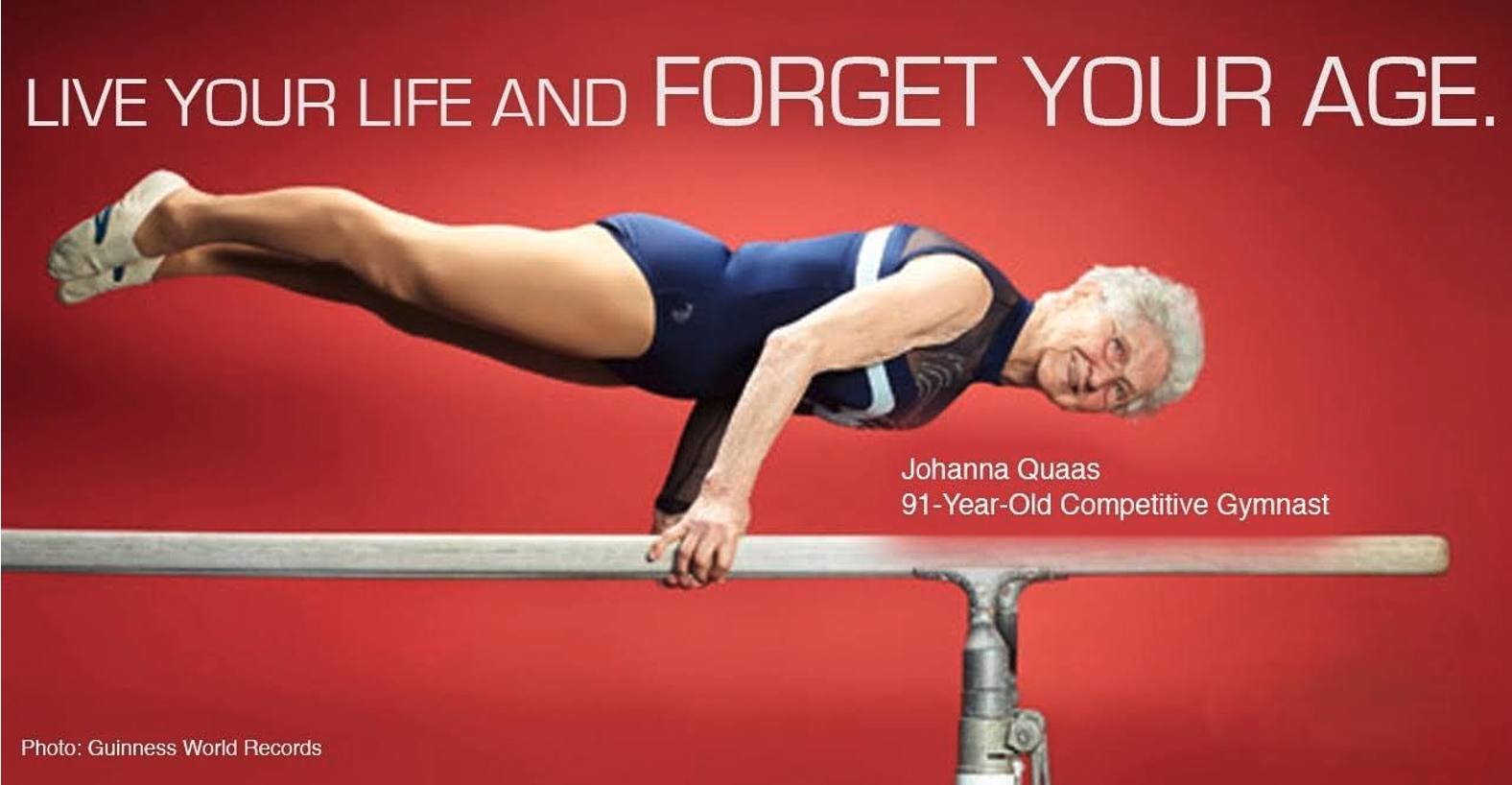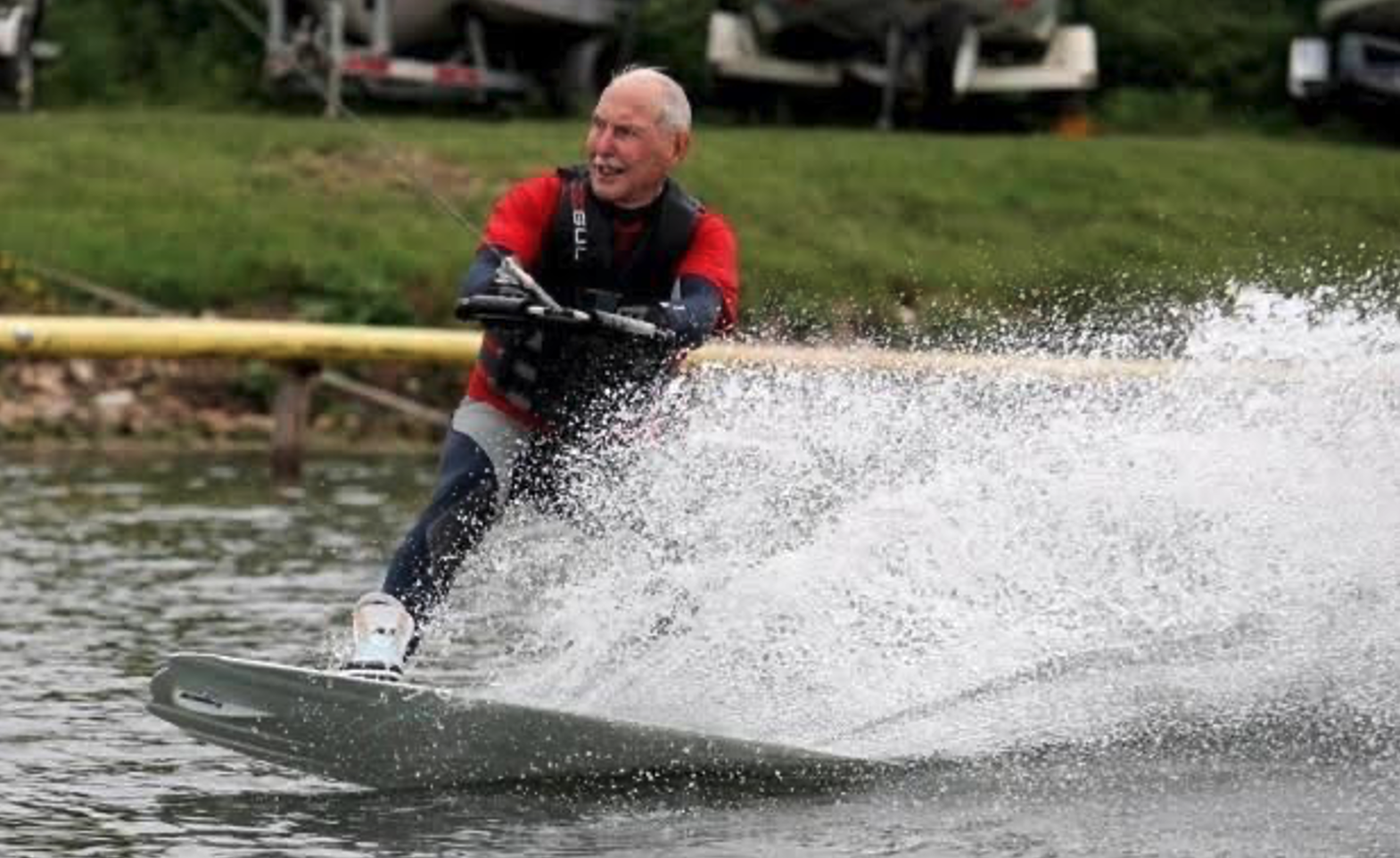Keep the Batteries Charged Up and Always Ready to Go!
Don’t De-condition – Stay in Condition …..Maintain an Active Mind – Active Body
Another year is rolling by quickly and soon we will be into Christmas festivities again. We need to keep our brains & bodies charged up for the activities that go on around this time of the year
Let’s face it our fitness and energy levels are not quite so good as they were and so it is important it is to remain as active possible. Staying stay as strong and mobile is essential for both physical and mental wellbeing. This is easy to say but many times much harder to do. We are confronted with issues in our lives which can make us lose energy, momentum and motivation. The brain and body work well as a team, however if there are alterations in either of the two systems, then things deteriorate, and activities can become harder and may be unsafe to undertake. Ageing and inactivity can have an impact on the brain and thus body control
A considerable amount of research is conducted, exploring the links between brain and body (and the impact on body movement.) Our brain is the control centre of the body, responsible for thought, memory, emotion, mood, touch, motor skills, vision, breathing, temperature, and many other functions that regulate our daily lives. Maintaining healthy brain function is essential for overall wellbeing, cognitive abilities, and quality of life. It acts as the command centre for all voluntary and involuntary actions, enabling us to walk, run, speak, and perform intricate tasks. While physical factors such as muscle weakness and poor mobility are well-known contributors to maintaining good overall function, the role of brain function in body control is equally crucial. The human brain plays a critical role in controlling and coordinating movement and is the result of effective communication between the brain and the musculoskeletal system…….. So we know how important this link is and the effect that exercise can have on or wellbeing but sometimes we just haven’t got the momentum or motivation to act on what we know is good for us.
Keeping going….keeping active

Motivation and mood are two fundamental aspects of human behaviour, influencing how we think, feel, and act in daily life. These two factors are closely linked—feeling motivated can lift your mood, and a positive mood can enhance motivation. On the other hand, low mood often saps motivation, and lack of motivation can contribute to negative moods. Recent advances in neuroscience and psychology highlight the significant role that chemical changes in the brain play in shaping both our motivation and our mood. This interplay is largely mediated by the balance and interaction of brain chemicals .* Click this link for further information concerning brain chemicals
In a 2024 exercise journal article* the authors make an interesting comment/ observation that the reason why people do not commence and then follow through to adhere to exercise programs can be due to a mismatch between knowledge and action. The authors argue the problem isn’t because we lack willpower, knowledge, or even time….. it’s that our brains are actually wired to make exercise less appealing. Our brains are wired to avoid effort, chase instant rewards, and downplay risks!!!! As we become adults, we naturally avoid new things, or maybe we have learned to pursue things we are skilled at and avoid making changes and trying new things pursuits . All of which drag us away from a decision to make changes and the effort to keep moving more than is really necessary !
A big problem/ barrier can be that we can give up very quickly because we find the exercises not what we expected or hoped for. In turn improvements concerning the problems associated with attempts to improve health conditions, energy and fitness either do not happen dramatically or quickly enough. The big challenge/problem that remains is trying to keep going. What we may start we possibly will give up very quickly because the sessions are hard, and in turn improvements do not happen as quickly or dramatically as hoped for or desired. We want immediate and big results, thus prioritising instant rewards over delayed ones, preferring rewards we can get right now over those that come months or years down the track.
There are many different methods and modalities to help us be active. It is important to find activities that are enjoyable and manageable and that can be sustained long term. Keeping things fresh, relevant and interesting is one of the hardest things to achieve . A change in mindset shift may just be the “spark” needed that get us moving and keeps us going.
This newsletter has highlighted the vital connection between movement, brain health, and overall wellbeing, especially as we age. …. the challenges of staying active, such as declining motivation and the brain’s tendency to avoid effort in favour of instant rewards. The emphasis concerns the importance of finding enjoyable activities, ( nb remember the article on music and mood ? ..moving to music is a great way to keep active and motivated ) maintaining routines, and celebrating small achievements. It also underscores the role of support, mindset shifts, and regular physical activity in sustaining both mental and physical health, ultimately fostering long-term happiness and resilience.
Looking after your brain and body is a lifelong commitment that pays dividends in mental sharpness, emotional balance, and overall happiness. …..there is absolutely space for building cognitive and physical capacity throughout the life. Keeping the batteries charged up by undertaking regular physical activity is just one way to help manage things.
“Movement is our most powerful tool for keeping active and maintaining our body and brain working well and as healthy as possible”
“Remember, even small efforts add up over time. Together we move, together we thrive. Find your tribe and let exercise be a celebration.”

Not bad for 87, eh?
*Information from A 2024 by Philippe Sarrazin a, , , Boris Cheval c e †
*Why people should run after positive affective experiences instead of health benefits
Journal of Sport and Health Science . Volume 13, Issue 4, July 2024, Pages 445-450

Comments are closed.